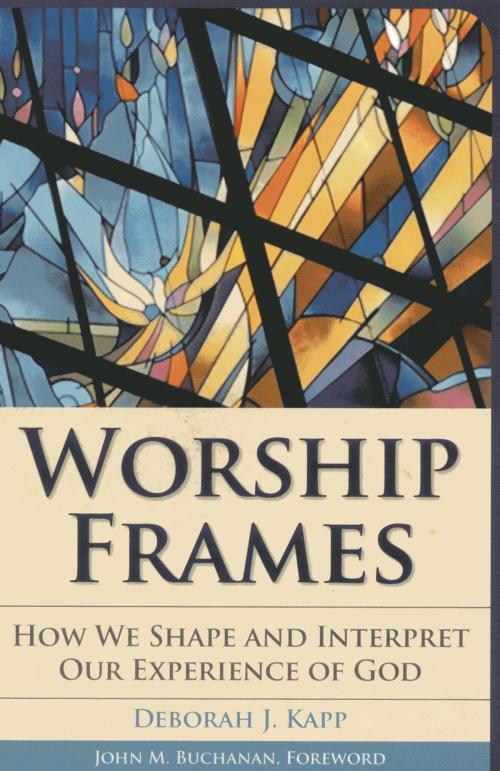Worship Frames
How We Shape and Interpret Our Experience of God
Nonfiction, Religion & Spirituality, Reference, Ritual & Practices, Christianity| Author: | Deborah J. Kapp, Edward F. and Phyllis K. Campbell Associate Professor of Urban Ministry | ISBN: | 9781566997065 |
| Publisher: | Rowman & Littlefield Publishers | Publication: | September 16, 2008 |
| Imprint: | Rowman & Littlefield Publishers | Language: | English |
| Author: | Deborah J. Kapp, Edward F. and Phyllis K. Campbell Associate Professor of Urban Ministry |
| ISBN: | 9781566997065 |
| Publisher: | Rowman & Littlefield Publishers |
| Publication: | September 16, 2008 |
| Imprint: | Rowman & Littlefield Publishers |
| Language: | English |
Worship is a congregation's most important practice. In worship we encounter God's gracious presence and come face to face with the frailty, goodness, and potential of our humanity. We are comforted, corrected, forgiven, healed, challenged, and sometimes even disturbed by the divine and one another. We are morally formed and sent by God into the world. The mysterious and uncontrollable work of the Spirit is at the heart of all genuine worship. Yet worshipers and leaders work hard to worship. In Worship Frames, Deborah Kapp explores how the sociological concept of frames can help us better understand the social and human dynamics of worship. Frames are interpretive schemes or ideas that help people locate, understand, and identify their experiences. For example, opening a service with a period of silent reflection followed by a sober hymn is a different frame for worship than opening with congregational announcements and a loud call-and-response session. She has found that this theory has opened her eyes to dynamics in worship she had not noticed before and best helped her understand differences in worship styles. By understanding our frames, we can learn how to reframe worship to give fuller and richer expression to our faith. Kapp shares her insights with congregations and worship leaders so they will gain new perspectives from which to analyze and design worship, and deepen their perceptions about the role worship plays in faith communities.
Worship is a congregation's most important practice. In worship we encounter God's gracious presence and come face to face with the frailty, goodness, and potential of our humanity. We are comforted, corrected, forgiven, healed, challenged, and sometimes even disturbed by the divine and one another. We are morally formed and sent by God into the world. The mysterious and uncontrollable work of the Spirit is at the heart of all genuine worship. Yet worshipers and leaders work hard to worship. In Worship Frames, Deborah Kapp explores how the sociological concept of frames can help us better understand the social and human dynamics of worship. Frames are interpretive schemes or ideas that help people locate, understand, and identify their experiences. For example, opening a service with a period of silent reflection followed by a sober hymn is a different frame for worship than opening with congregational announcements and a loud call-and-response session. She has found that this theory has opened her eyes to dynamics in worship she had not noticed before and best helped her understand differences in worship styles. By understanding our frames, we can learn how to reframe worship to give fuller and richer expression to our faith. Kapp shares her insights with congregations and worship leaders so they will gain new perspectives from which to analyze and design worship, and deepen their perceptions about the role worship plays in faith communities.















